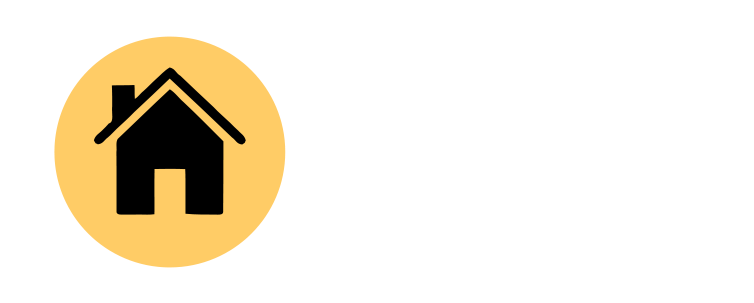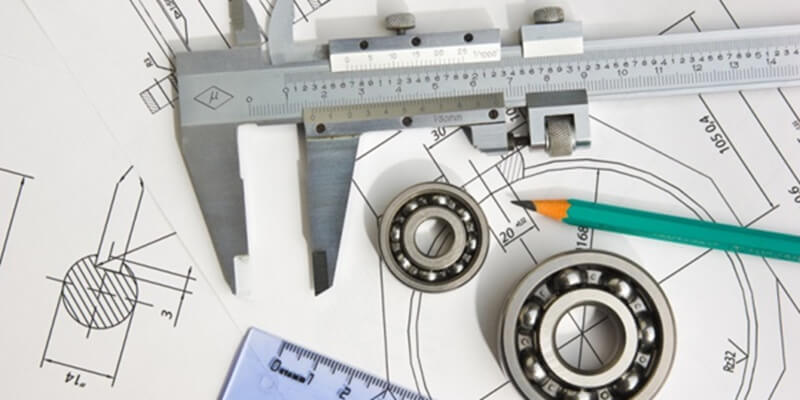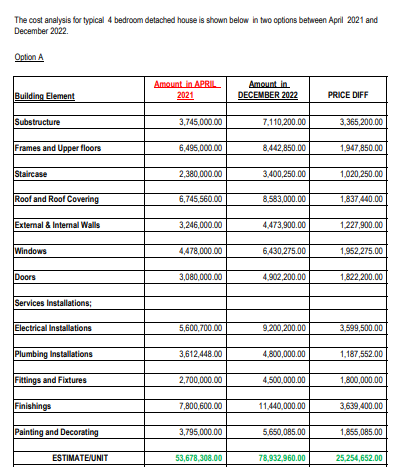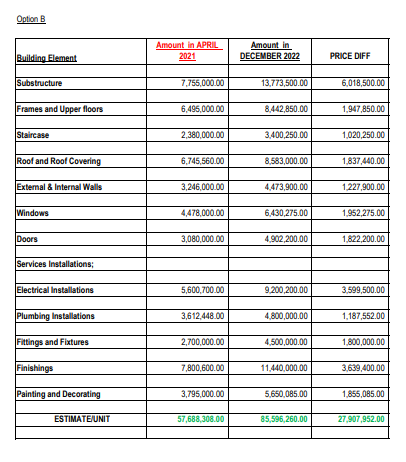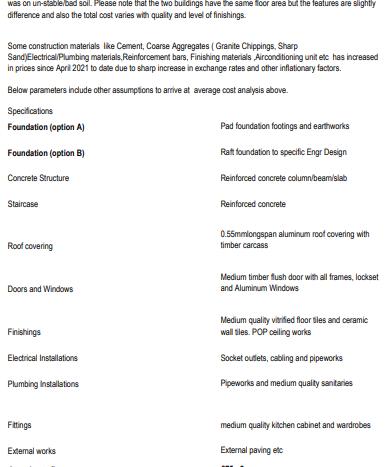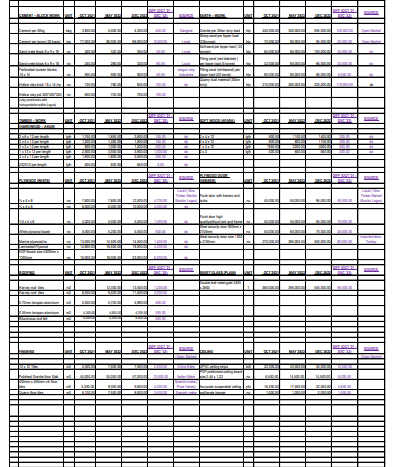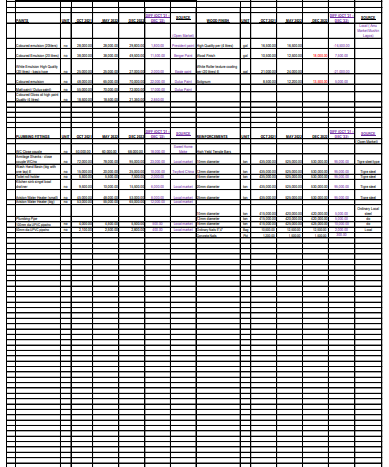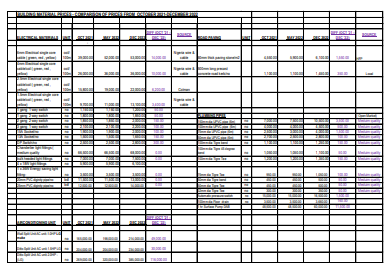Construction cost of 4-bedroom detached house rises by N28m
…substructure, finishings, electrical installations pushing up cost
By EHIME ALEX
A survey on building material cost of a 4-bedroom detached house commissioned by Castles Lifestyle shows that the construction cost of a typical 4-bedroom family house in Lekki, Lagos State, has gone up by N28m between April 2021 and December 2022.
According to the survey (download here), the cost of constructing a typical 4-bedroom family house, with same design and features, has risen to almost N86m in December 2022, from about N58m in April 2021, representing a 48.38 per cent (N27.91m) increase in the review period.
In firm ground, locations with firmer soil conditions, like in Ikeja, the survey shows that construction cost of 4-bedroom detached house, with same design and features, has likewise risen to about N79m in December 2022, compared to N54m in April 2021, representing a 47.05 per cent (N25.25m) rise in the review period. The key difference in costs in building in the two locations, is that the substructure (foundation) costs is significantly higher in the locations with unstable soil as the foundation required is ‘Raft foundation to specific engineer’s Design.’
Construction materials like cement, coarse aggregates (granite chippings, sharp sand), electrical, plumbing, reinforcement bars, finishing, air-conditioning unit, are some of the building materials pushing up construction cost, resulting from increase in exchange rates and other inflationary factors.
According to Mr Oladapo Oluwadare, a building cost consultant and project manager, the general rise in price of building materials and labour were among the factors responsible for high building cost. He said, “The cost of engaging a Manson labourer has increased tremendously.”
Oluwadare noted that the price of cement, sand and granite chippings have all gone up due to increase in the cost of diesel. Although these materials are manufactured locally, the suppliers have had to contend with the high price of the fuel which they use to power their plants in the absence of reliable power supply. The price of diesel had surged by 215.30 per cent to N801.09 per litre in October 2022, compared to N254.07 per litre in corresponding month of 2021, the National Bureau of Statistics (NBS) report shows. Quite clearly, these suppliers have factored in the cost into the sales price of their products.
Continuing, Oluwadare, a quantity surveyor, said foreign exchange volatility has also contributed to the increasing construction cost of building – having affected cost of replacement of equipment in the quarries, and other associated costs.
He pointed out that local prices of finishing materials like tiles; plaster of paris (POP), a material used to make false ceilings; paints; and marble are affected by exchange rates. Electrical materials like fittings, sockets, and others are imported materials from China and other countries. Even the cables manufactured in Nigeria get their raw materials from other countries, he stressed.
Castles Lifestyle can recall that the Naira has been on a free-fall against the Dollar in recent times. At the official Investors’ and Exporters’ (I&E) forex window, the naira which was hovering around N412/$1 in October last year, has depreciated to about N447/$1 in December this year, data from the Central Bank of Nigeria (CBN) shows. At the parallel market, otherwise known as black market, the naira depreciated by over 31 per cent to about N745/$1 in December this year, from about N570/$1 in October 2021, raising the general price level of goods and services.
Another reason for the increasing cost of construction, Oluwadare said, is the delivery cost of materials to site which has increased because of change in haulage price. Heavy duty vehicles use diesel which as we have shown, has more than doubled in price. Petrol prices have also risen and coupled with the shortage of the fuel in the market, transport charges have risen sharply.
Generally, all building elements are affected because of these reasons, he said. The wet works (which involve water or fluid on a piping system, drainage, pumping and mechanical systems) and building components have all increased too.
Oluwadare submitted that “building estimation varies with designs, specifications, nature and locations,” and these factors, among others, actually determine the cost increase or reduction of a typical building structure.
Meanwhile, a cursory look at the building material cost survey (download here) shows that substructure, finishings and electrical installations were building elements that took a chunk of the construction cost in the review period.
The cost of substructure, which is the foundation and covers building works including excavation, concrete works, block-wall, sand-filling, iron rod and planks, rose by 77.61 per cent to N13.77m in December 2022 from N7.76 in April 2021.
While cost of finishings rose by 66.67 per cent to N11.44m from N7.80, electrical installations cost inched up by 64.27 per cent to N9.20m from N5.60m in the review period.
Rising building construction costs have followed the inflationary trends in the country. The question now is how this will impact the real estate industry. Will developers absorb or pass on the costs to buyers? Will home buyers react by putting off purchases? Will this react in a contraction of supply? These are the very real questions stakeholders will be faced with in 2023.
